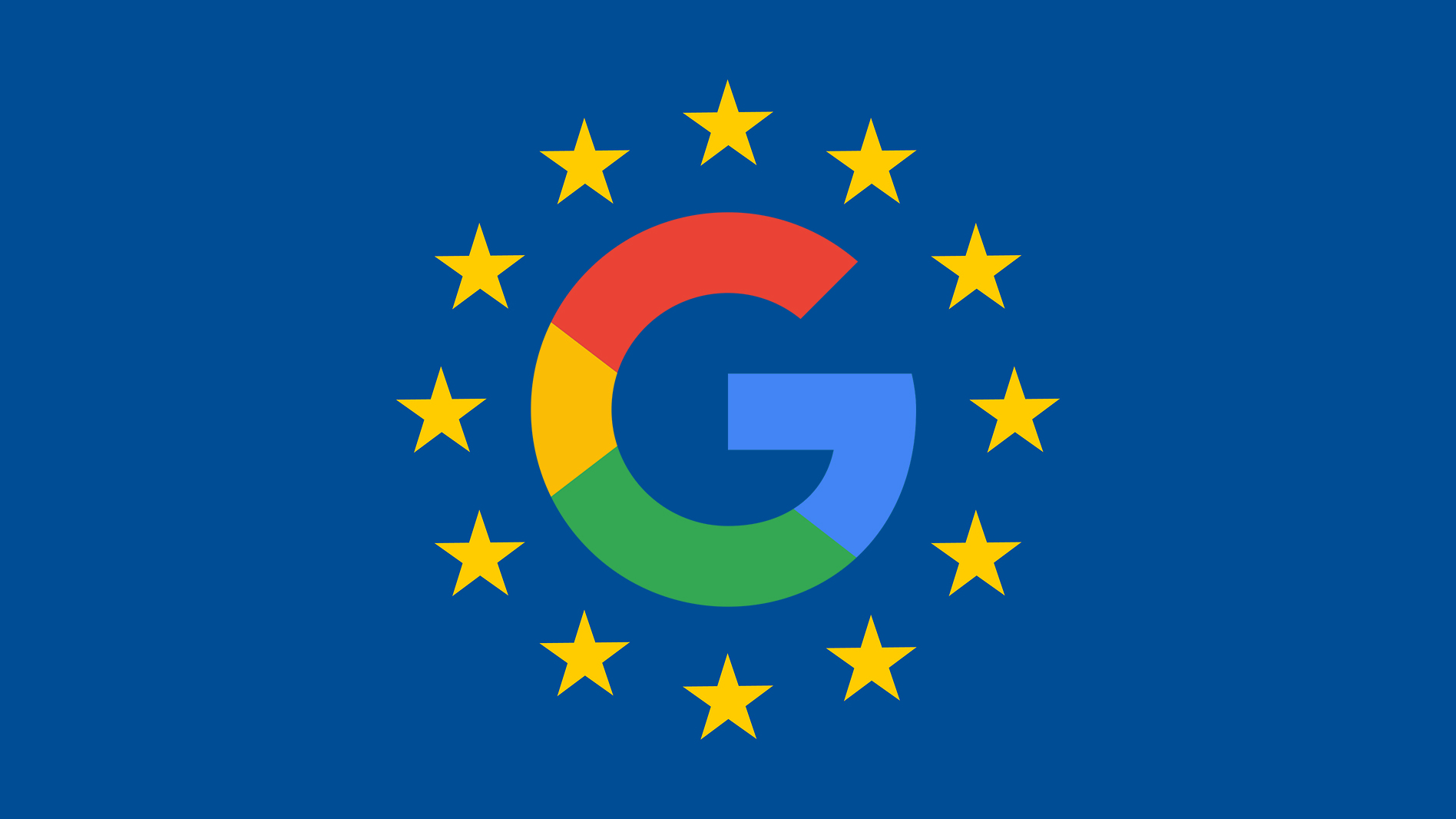Google starts appeal against EU antitrust ruling
The company claims the 2017 ruling was wrong "on the law, the facts, and the economics"


Sign up today and you will receive a free copy of our Future Focus 2025 report - the leading guidance on AI, cybersecurity and other IT challenges as per 700+ senior executives
You are now subscribed
Your newsletter sign-up was successful
Google is set to lay out its arguments today against the European Commission’s decision to fine the company €2.4 billion (£2 billion), in what could be a landmark case for tech companies operating in the EU.
The US tech giant will challenge the 2017 ruling that saw the European Commission prove that Google promoted its own shopping search results over those of smaller European competitors. It then ordered the company to comply with EU regulations of treating competitors equally and create a separate shopping service that would bid against rivals for ad placements at the top of its search page.
On top of that, Google was ordered to pay a record-breaking €2.4 billion in antitrust fines, which it will today attempt to overturn.
Following the ruling, Google general counsel Kent Walker said the company “respectfully disagree[s] with the conclusion announced”.
Today, Google had harsher words for the European Commission.
“It is wrong on the law, the facts, and the economics,” the company said in a statement. “Shopping ads have always helped people find the products they are looking for quickly and easily, and helped merchants to reach potential customers.”
The success of Google’s appeal might depend on whether it can prove that self-preferencing is not anti-competitive, and whether Amazon and eBay are to be seen as Google’s competitors.
Sign up today and you will receive a free copy of our Future Focus 2025 report - the leading guidance on AI, cybersecurity and other IT challenges as per 700+ senior executives
Over the last decade, the EU has fined Google a total of €8.25 billion (£6.9 billion) in three separate cases, including the market dominance case related to Android. The success can be credited to the relentless efforts of European commissioner for competition Margrethe Vestager in taking on US tech giants for abusing their market power in the EU.
Having only graduated from City University in 2019, Sabina has already demonstrated her abilities as a keen writer and effective journalist. Currently a content writer for Drapers, Sabina spent a number of years writing for ITPro, specialising in networking and telecommunications, as well as charting the efforts of technology companies to improve their inclusion and diversity strategies, a topic close to her heart.
Sabina has also held a number of editorial roles at Harper's Bazaar, Cube Collective, and HighClouds.


